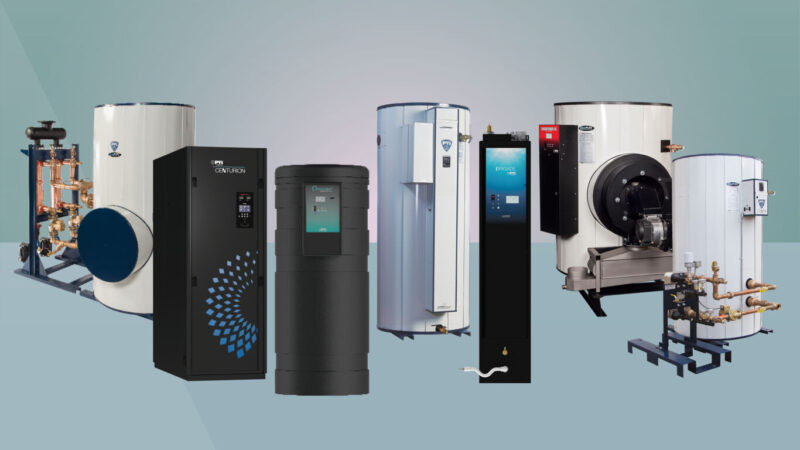Most people know that they need a water heater in order to have hot water in their homes. What many people don’t know is that there are different types of water heaters, each with its own set of pros and cons. In this article, we’ll take a look at two of the most popular types of water heaters – electric and gas – and help you decide which one is right for you.
The Pros and Cons of Electric Water Heaters
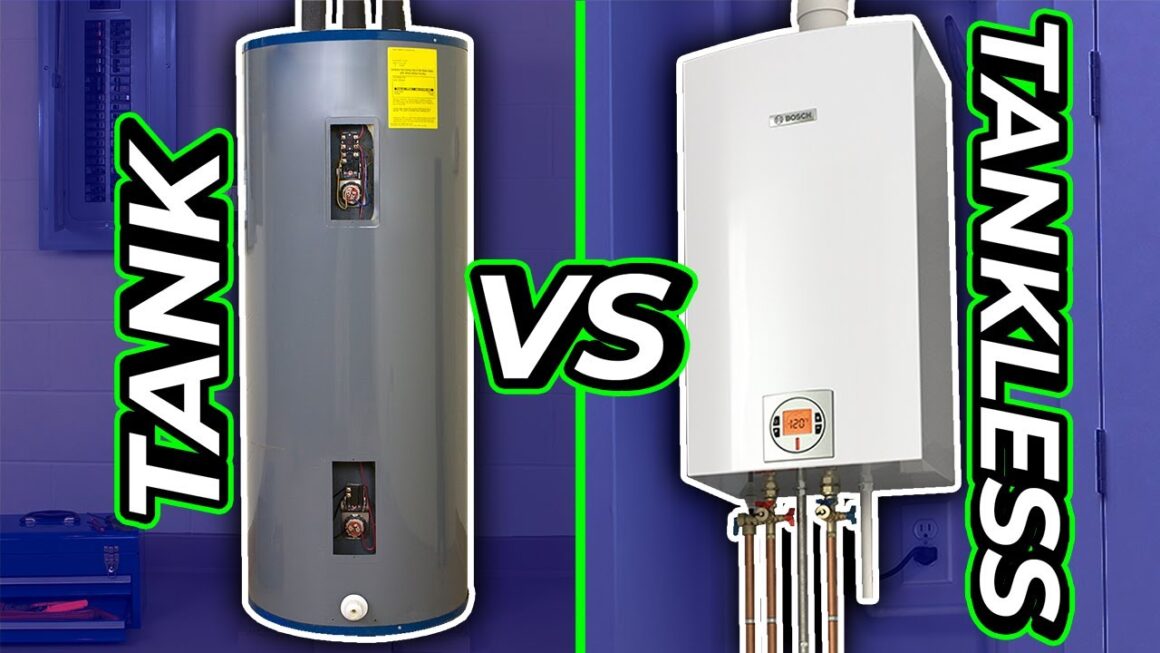
When it comes to electric water heaters, there are pros and cons to consider.
– One advantage is that they are relatively inexpensive to purchase and operate.
– Electric water heaters also tend to be smaller in size than gas water heaters, making them a good choice for smaller homes or apartments.
– Another plus is that electric water heaters do not produce any emissions, so they are environmentally friendly.
On the downside, electric water heaters can take longer to heat up than gas water heaters, and they may not be able to provide enough hot water for large families or homes with multiple bathrooms. They also require a dedicated circuit, which means additional wiring and potential electrical costs.
For example, hot water systems Adelaide offer different options for a household.
The Pros and Cons of Gas Water Heaters
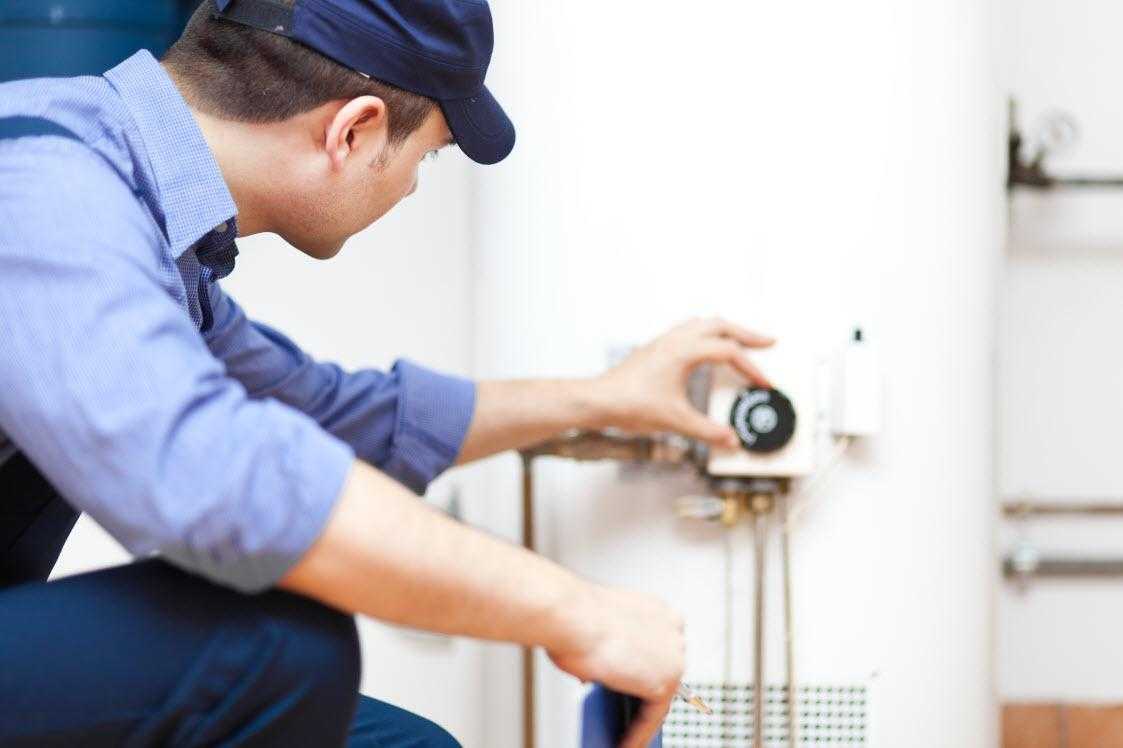
There are a few things to consider when trying to determine if a gas or electric water heater is better for your home. Each type of water heater has its own set of pros and cons that you should weigh before making a decision.
Pros of gas water heaters:
– Typically cost less to operate than electric water heaters.
– Recover hot water faster than electric water heaters.
Cons:
– Can be more expensive to purchase than electric water heaters.
– Requires a venting system to be installed.
Which is More Cost Effective?
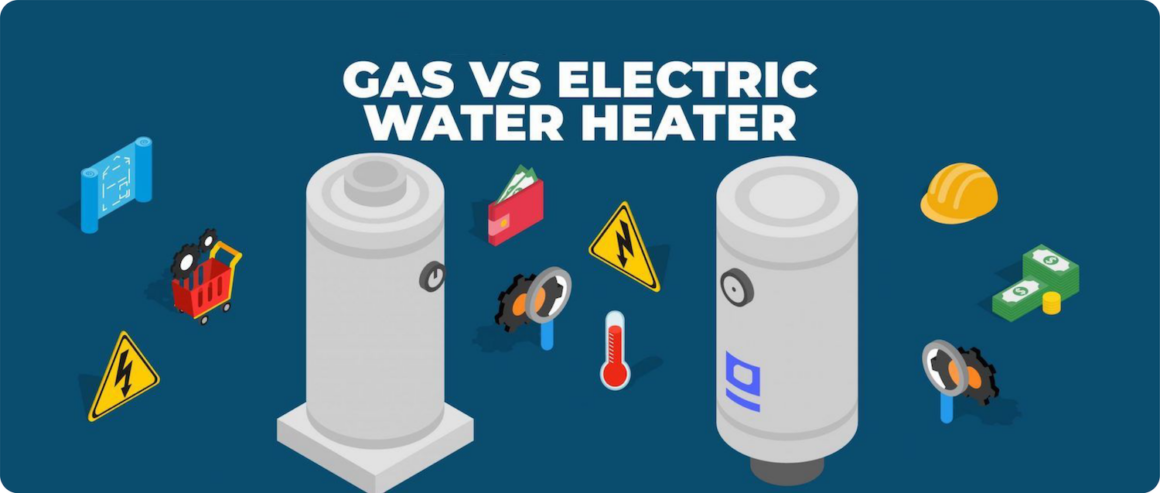
There are a few things to consider when trying to determine if an electric or gas water heater is more cost effective for you and your home. The size of the unit, location of the unit, and fuel costs are just a few examples.
– The size of the unit is important when considering how much it will cost to operate. A larger unit will obviously require more electricity or gas to heat the water, which will in turn cost more money.
-Location is also important when determining costs. If your water heater is located in a warm area of your home, it will not have to work as hard to maintain the water temperature and therefore will not cost as much to operate. On the other hand, if your water heater is located in a cold area of your home, it will have to work harder to maintain the water temperature and will cost more money to operate.
– Fuel costs are another important factor to consider when determining which type of water heater is more cost effective for you. Electricity rates vary from state to state, but are generally cheaper than gas rates. In some cases, natural gas may even be free if you have access to a well or other source. However, you must also factor in the initial cost of purchase and installation for each type of water heater.
Which is Better for the Environment?
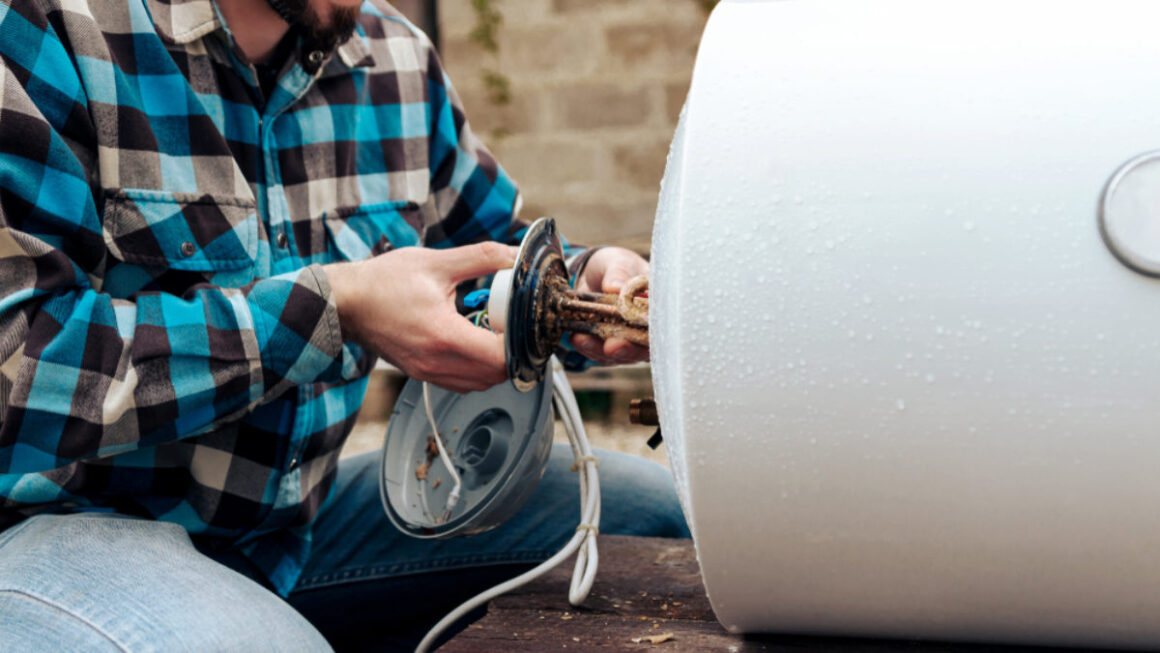
Gas or electric water heaters? Which is better for the environment? The answer may surprise you. While gas water heaters are more energy-efficient than electric ones, they still release greenhouse gasses into the atmosphere. Electric water heaters, on the other hand, don’t produce any emissions. So, if you’re looking to be as green as possible, an electric water heater is the way to go.
Conclusion
After reading this article, you now know the answer to the question, “What is better, electric or gas water heater?” Each type of water heater has its own unique set of benefits and drawbacks, so it really depends on your specific needs as to which one is the best for you. If you’re still not sure which type of water heater is right for you, be sure to consult with a professional before making your final decision.

